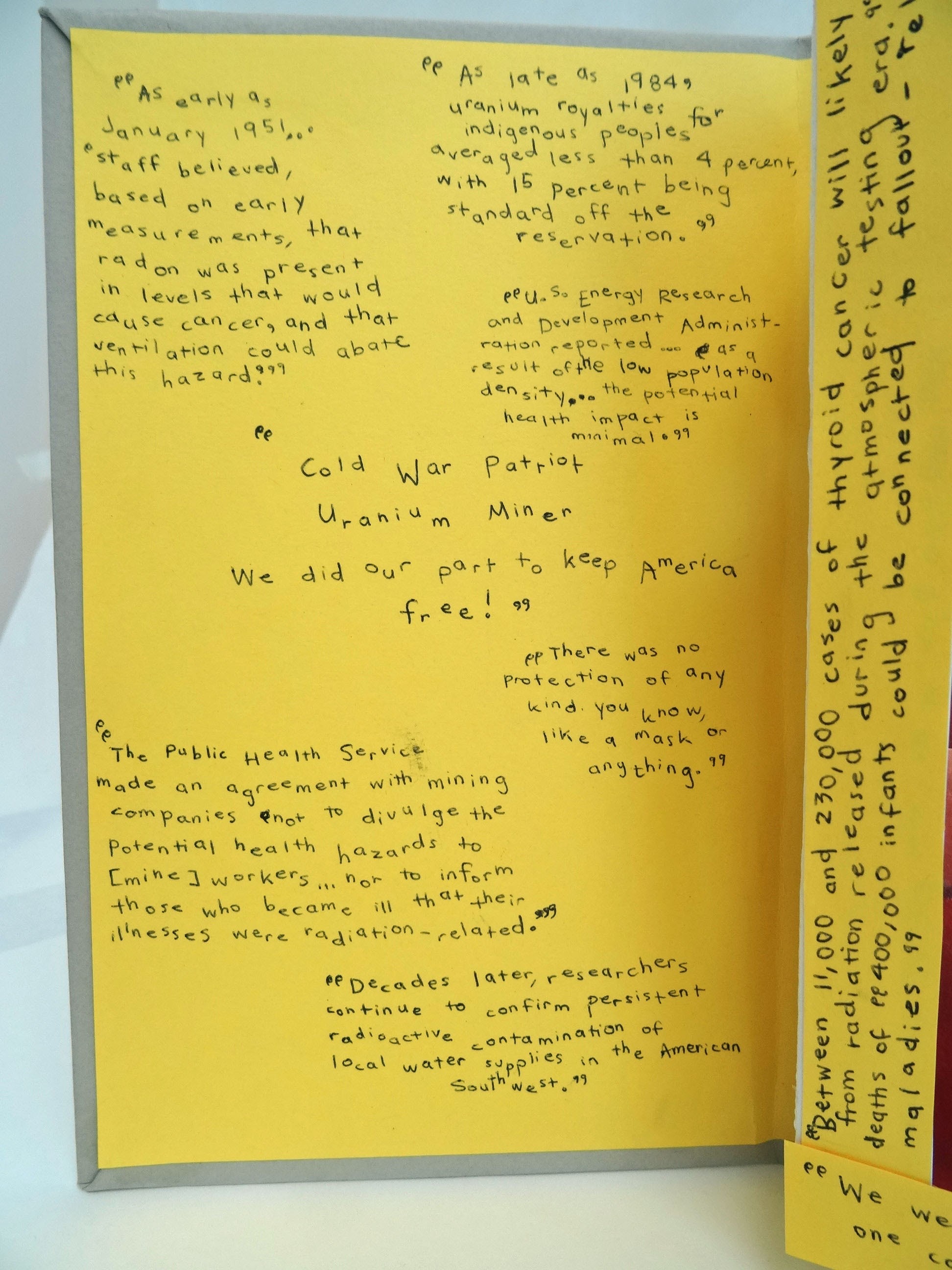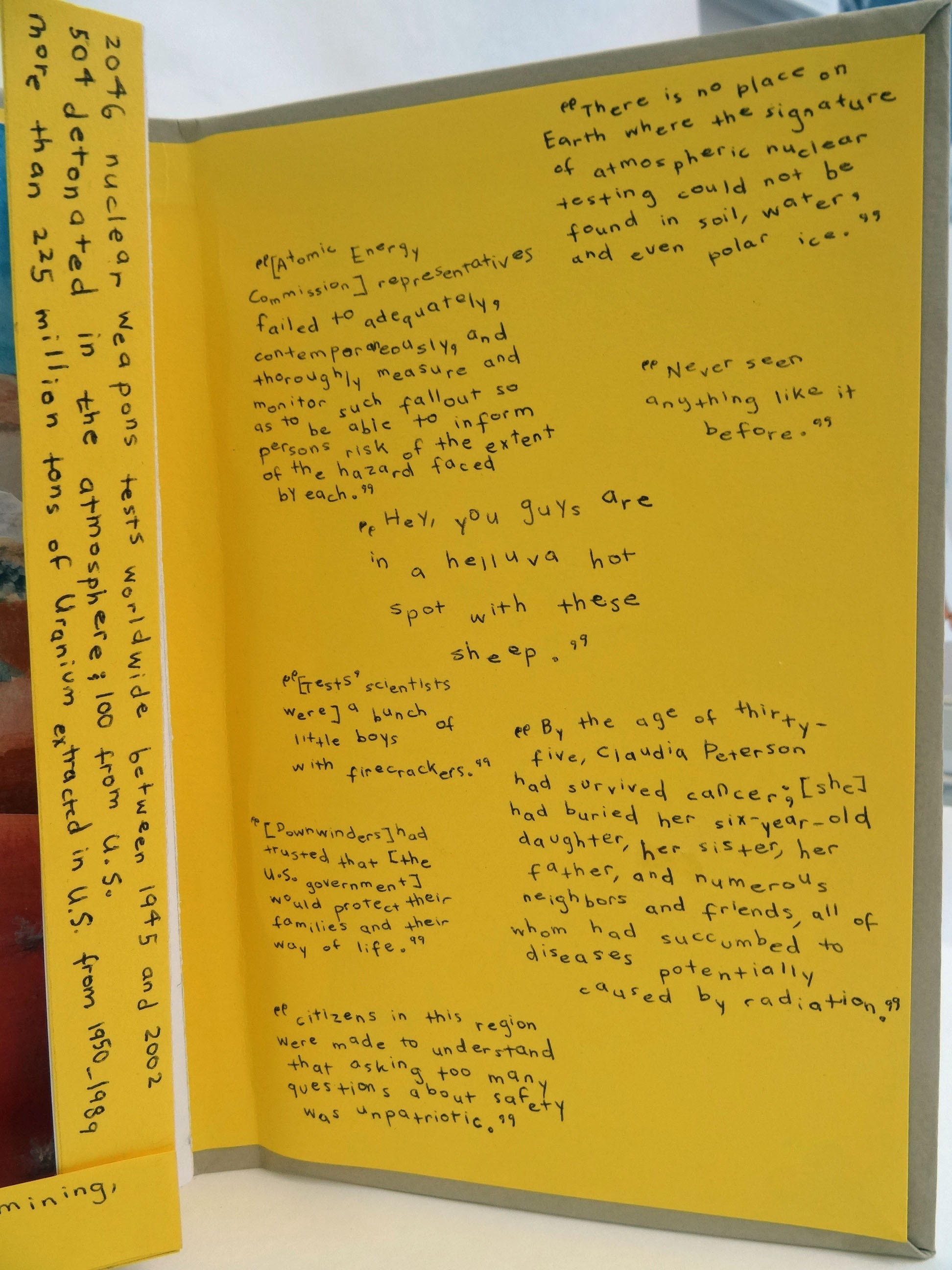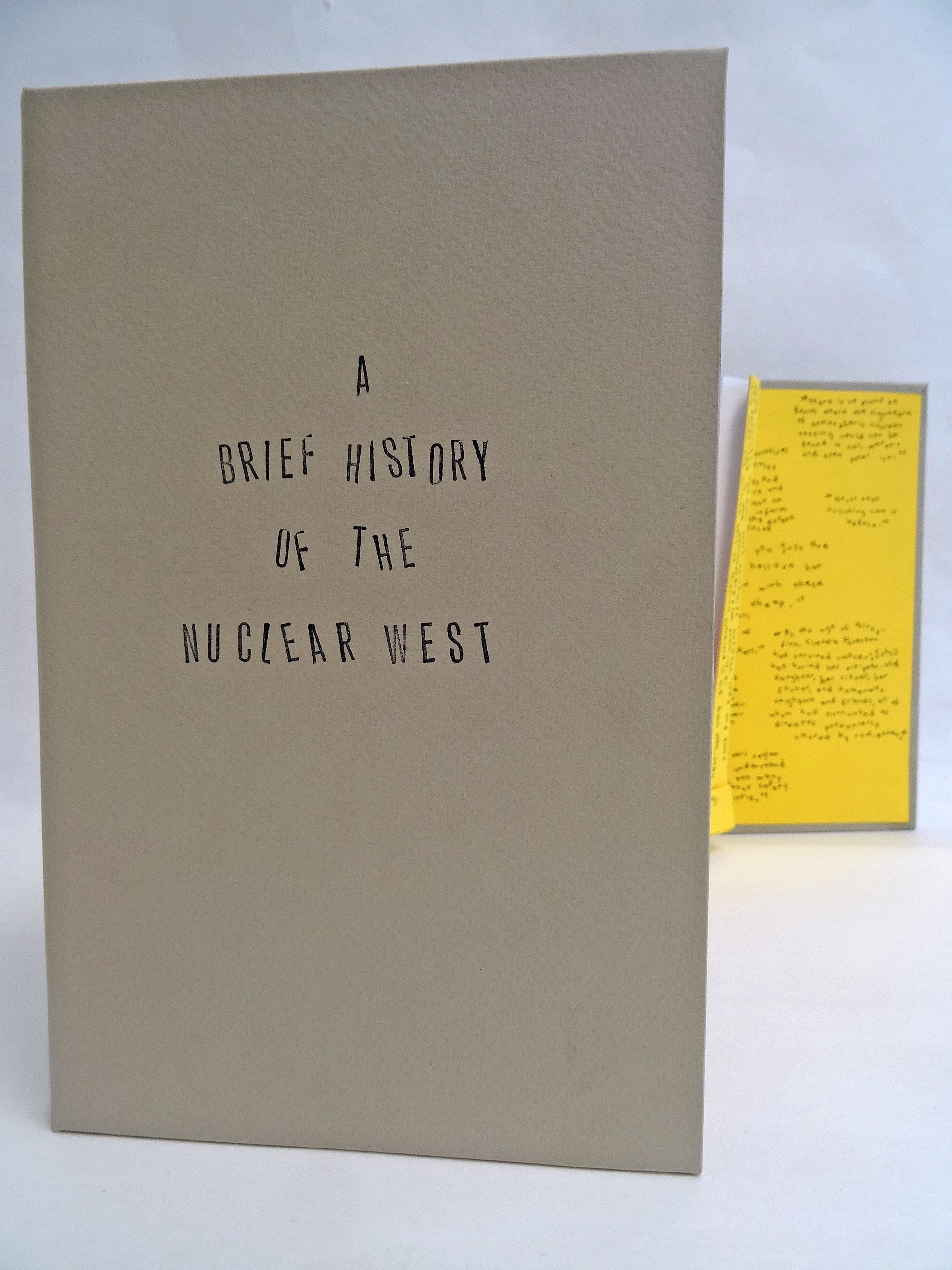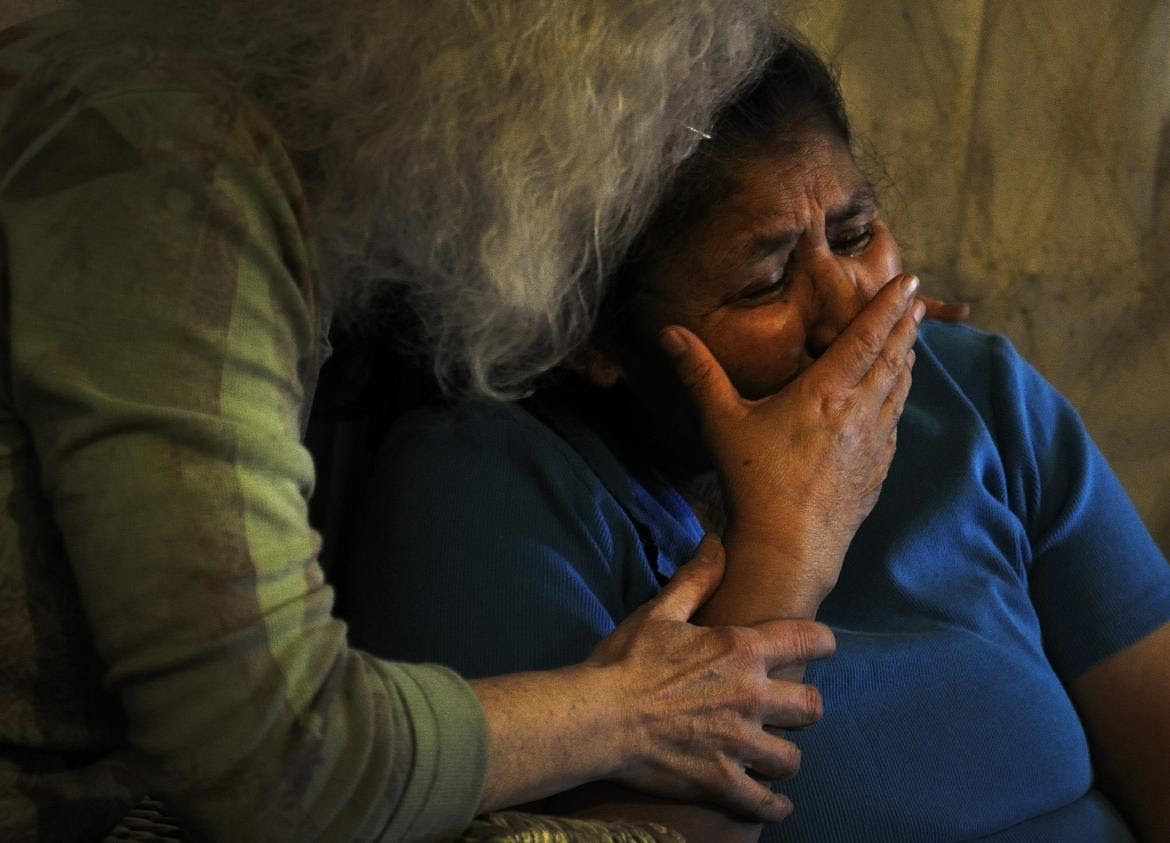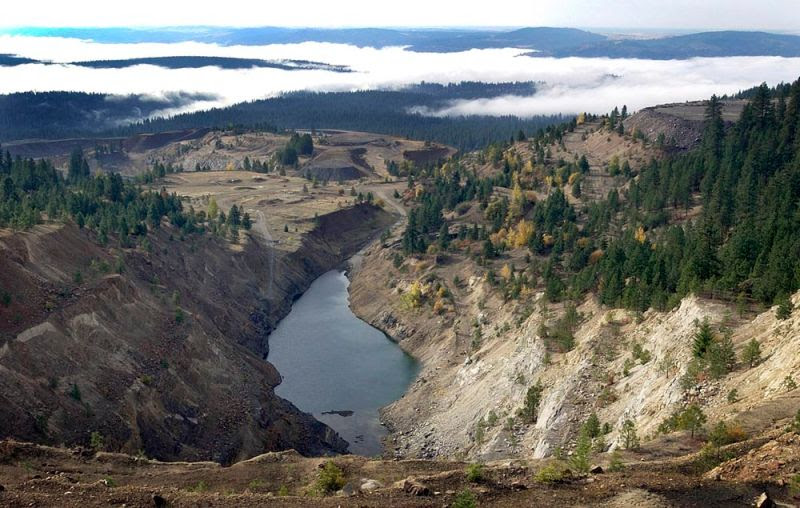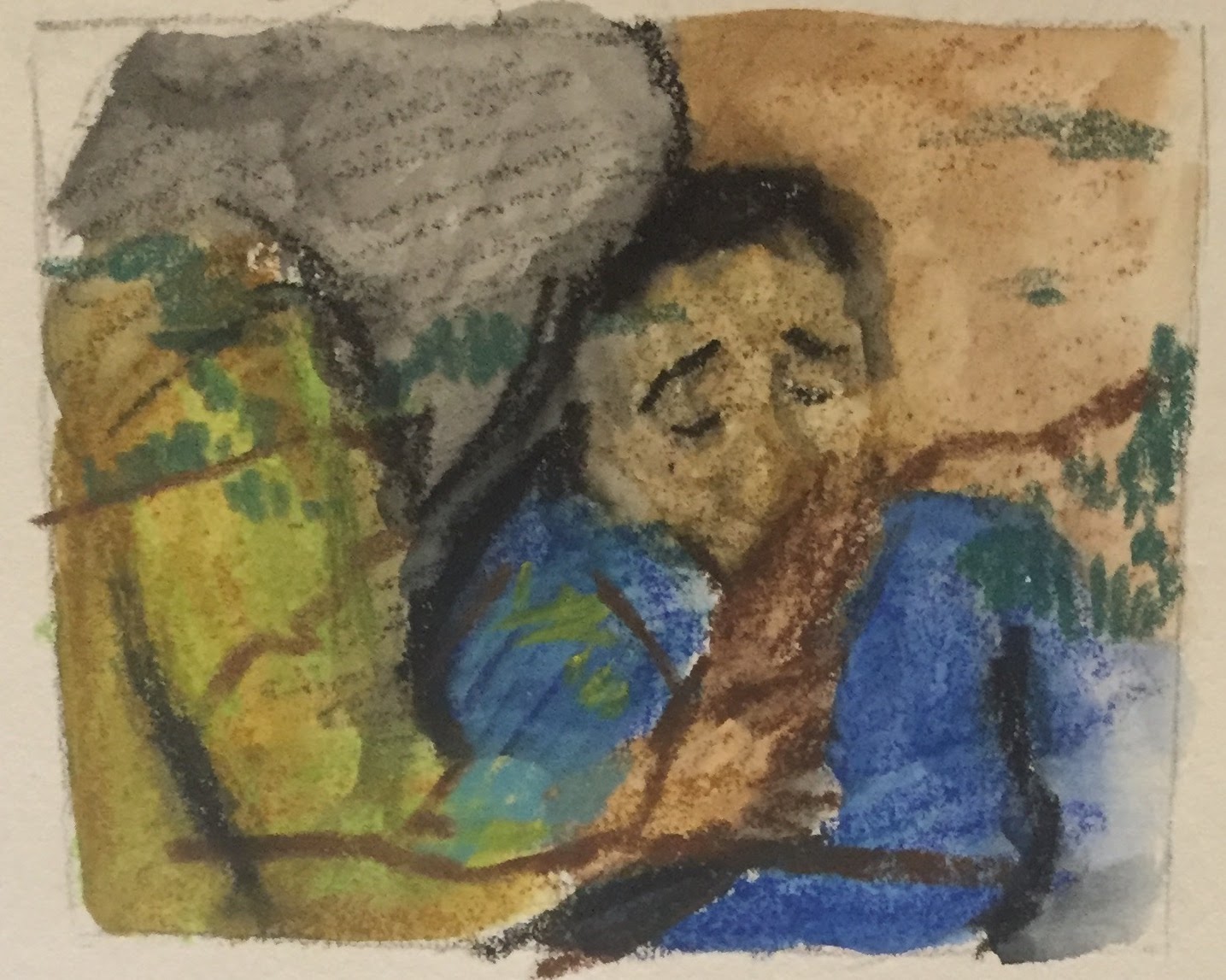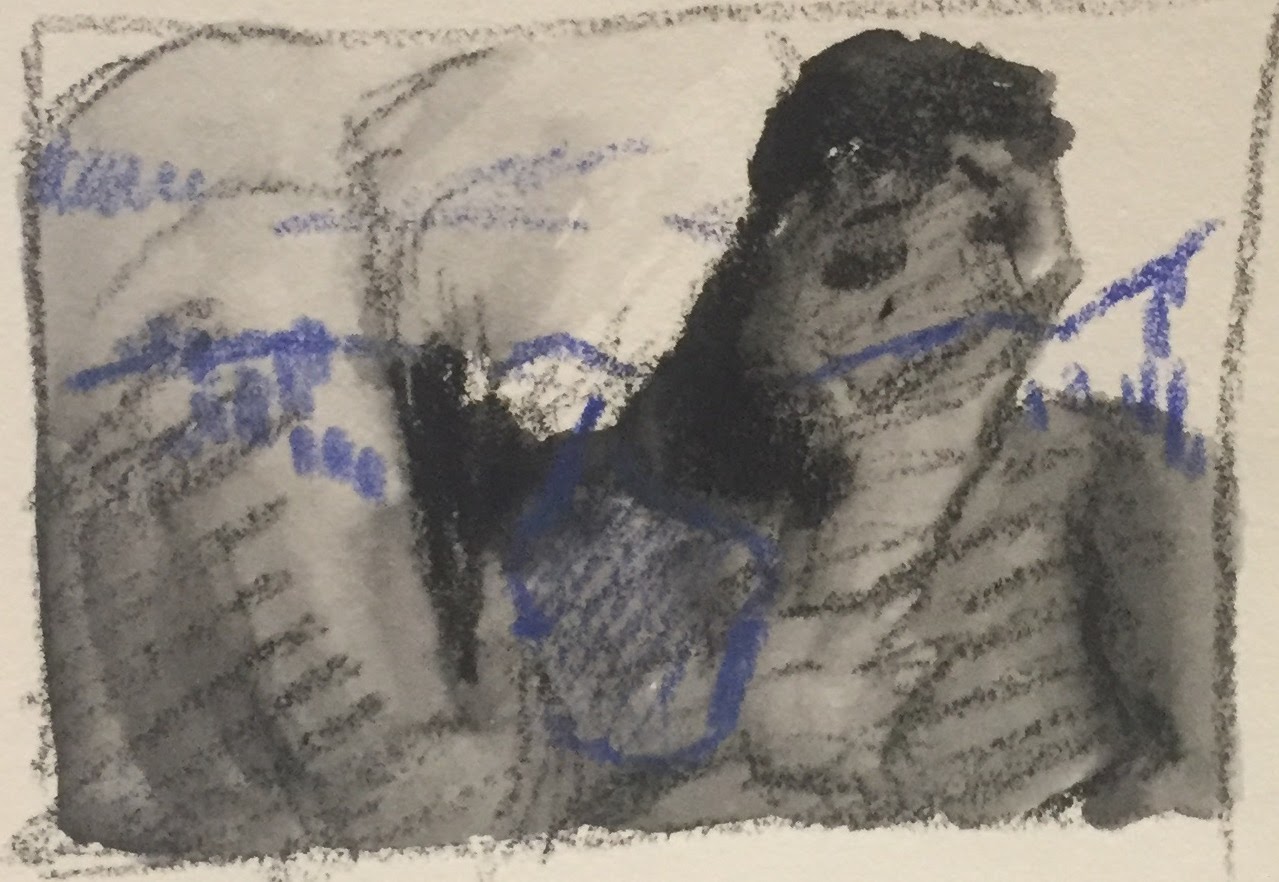The Radiation Exposure Compensation Act (RECA), a sorely inadequate but important effort to address generations of health damage caused by nuclear weapons production in the United States, is set to expire very soon, in July of 2022.
A dedicated group of impacted community members, organizations, and elected officials been pushing for years to renew and expand this program. The new legislation they have put forward would add downwinders in all of Utah, Arizona, Nevada, New Mexico, Montana, Idaho, Colorado and Guam, downwinders of the Trinity Test Site, and uranium miners and mill workers in the industry after 1971. It also would increase the amount of compensation from $50,000 to $150,000 for all claimants. These changes are decades overdue.
On December 7 the bill to renew and expand RECA passed the House Judiciary Committee: now it goes to the House for a vote. Impacted communities are concerned there is not adequate support for the bill to pass the Senate.
Your voice is needed to help it move through both the House and the Senate! Let your elected officials know the entire country is watching to see if they will join this bipartisan effort to care for the thousands of US residents harmed by decades of nuclear weapons testing and uranium mining. Four potential action items are listed below, and sample text is included at the bottom of this post. Please select the items that make the most sense for you, and share these items with your network!
Action item 1: Please contact your elected officials and urge them to support HR 5338 and SB 2798. Feel free to use text from the sample statement at the bottom of this message. Find their contact information here: https://www.usa.gov/elected-officials
Action item 2: More senators are needed to co-sponsor S 2798. So far, only Senator Cory Booker has signed on as a cosponsor with sponsors Senators Mike Crapo and Ben Ray Luján. Urge your senators to co-sponsor this important bill!
Action item 3: Is your senator on the Senate Judiciary Committee? Find out here: https://www.judiciary.senate.gov/about/members. Their support will be crucial to getting the bill to a senate vote. Urge them to support S 2798.
Action item 4: The following senators are viewed as important potential supporters of this bill. Ask them to support S2798.
· Senator Mitt Romney of Utah https://www.romney.senate.gov/contact (202) 224-5251]
· Senator Steve Daines of Montana https://www.daines.senate.gov/connect/email-steve (202) 224-2651]
· Senator John Cornyn of Texas https://www.cornyn.senate.gov/contact 202-224-2934
· Senator John Hickenlooper of Colorado https://www.hickenlooper.senate.gov/contact/contact-form/ 202-224-5941
Every voice counts. Please take the time to contact your elected officials on behalf of all the radiation-impacted people who have been harmed by U.S. nuclear weapons production.
Sincerely,
Sarah Fox
Historian, Author, Downwind: A People's History of the Nuclear West
(University of Nebraska Press, 2014, 2018)
SAMPLE STATEMENT: please edit as needed!
Representative/ Senator ______:
I am writing to implore you to support HR 5338/SB 2798, a necessary renewal and expansion of the Radiation Exposure Compensation Act. Manhattan Project officials and their successors in the federal Atomic Energy Commission knew full well that nuclear weapons development and testing and the uranium industry it generated were extremely dangerous, and still they did not warn the thousands of civilians, workers, and soldiers who were in harm’s way. Some communities were exposed to dangerous, mutagenic radiation for decades. Some are still at risk of exposure. This an unconscionable case of “collateral damage.” RECA as it exists now is sorely inadequate: if it is allowed to expire in 2022, an already horrible injustice will be made much more shameful. Renew, expand, and protect RECA. This history will not go away just because we turn our backs on it: our federal government needs to acknowledge and stand by the people it harmed.
The entire country is watching to see if you will join this bipartisan effort to care for the thousands of US residents harmed by decades of nuclear weapons testing and uranium mining. Please do the right thing.
Sincerely,




